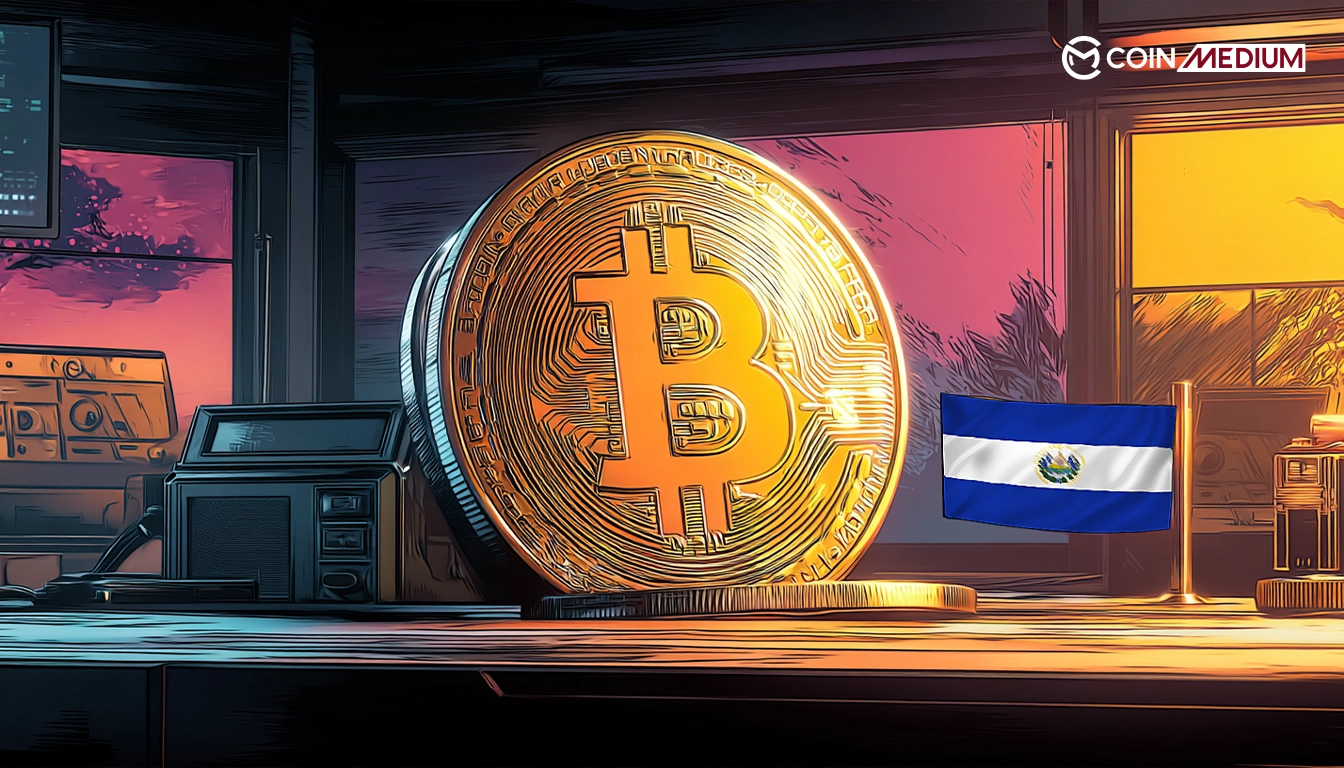A letter signed by two of El Salvador’s top financial officials reveals that the country has not purchased any bitcoin since February 2025, the same month it began its financing program with the International Monetary Fund (IMF). This directly challenges public claims made by President Nayib Bukele and El Salvador’s Bitcoin Office.
The letter was published on July 15 as part of the IMF’s first program review. It clearly states that “the stock of Bitcoins held by the public sector remains unchanged.” It also notes that El Salvador submitted all public crypto wallet addresses, both hot and cold, to the IMF for oversight. The letter was signed by central bank president Douglas Pablo Rodríguez Fuentes and finance minister Jerson Rogelio Posada Molina.
Despite this, President Bukele’s administration has consistently promoted its ongoing “1 Bitcoin per day” buying strategy, which began in November 2022. The Bitcoin Office claims the national reserve holds about 6,242 BTC, currently valued at around $737 million. Blockchain analytics firm Arkham has also confirmed daily BTC transfers, mostly coming from wallets associated with Binance and Bitfinex.
“If (the BTC purchases) didn’t stop when the world ostracized us and most ‘bitcoiners’ abandoned us, it won’t stop now, and it won’t stop in the future.” Nayib Bukele
Stacy Herbert, head of El Salvador’s Bitcoin Office, has previously asserted that the country continues to buy bitcoin despite the IMF agreement.
The IMF had previously stated that the growth in El Salvador’s bitcoin holdings did not violate the terms of the financing agreement. Despite the requirement to scale back broader Bitcoin-related activities, the Fund clarified that simply increasing the national BTC reserve was not in direct breach of the deal.
The mixed signals from El Salvador’s leaders and its official documents leave many wondering what’s really happening with the country’s Bitcoin strategy. On one side, President Bukele and the Bitcoin Office say the daily BTC purchases haven’t stopped. On the other, a letter to the IMF claims no new bitcoin has been bought since February 2025. The situation now is about trust, transparency, and how far a country is willing to go to stand by its crypto vision, even under global pressure.
